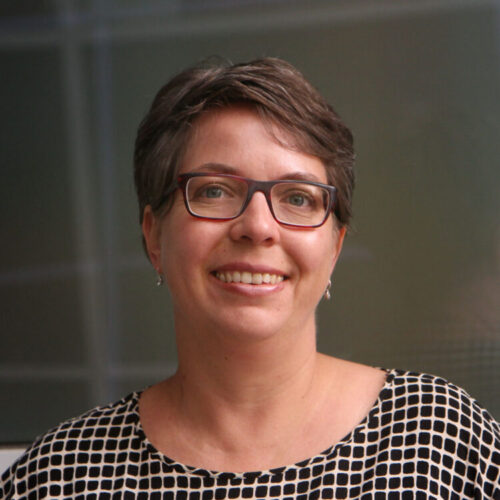Public Lecture: Does „Project Fear“ Work?
Does „Project Fear“ Work?
Donnerstag, 27. Juni 2024 l 14:15 – 15:45 l Edmundsburg, Europasaal HS240, Mönchsberg 2 – 5020 Salzburg
Speaker: Stefanie Walter, University of Zurich
How can proponents of international cooperation convince the public that such cooperation is worthwhile, especially when it requires compromise? We examine this question by focusing on the persuasiveness of different framing strategies.
Focusing on the difference between arguments highlighting the benefits of cooperating and arguments emphasizing the costs of not cooperating, we argue that the rhetoric employed by political elites when discussing matters of international cooperation impacts voters’ support for cooperation. We examine this argument with two sets of evidence.
First, using actual arguments made in twenty-five foreign-policy-related referendum campaigns in Switzerland over the period 1986-2020, we show that positively framed arguments tend to be more persuasive to voters than arguments framed in terms of costs. Second, three survey experiments fielded in a diverse set of countries and contexts, we study whether framing cooperation as a potential gain, or its absence as a potential loss, influences voters’ willingness to compromise during ongoing international negotiations in which policymakers faced difficult choices.
Although we find that making the benefits of cooperation more concrete can increase support for international agreements, the analyses also show that the effects of framing can be quite context dependent. Overall, our findings have implications for understanding the effectiveness of communication strategies such as “project fear” campaigns.





